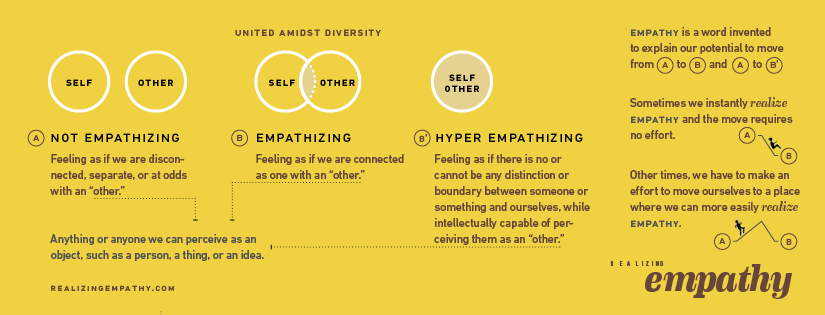Words often mislead us.
This is normal.
In fact,
I spent much of my first book
talking about how words like
courage,
humility,
respecting,
listening,
considering,
acting,
had misled me.
Words do often lead our attention.
Yet, where the attention is led
can surprise us,
because words only have meaning in context,
And that context resides
not only with the person uttering the word,
but also the person interpreting it.
So much of our verbal disagreements happen
because we are unwilling
to let others lead our attention
to their meaning.
We’re more interested in arguing
that their use of the word is “wrong” or “bad,”
while our use is “right” or “good.”
Perhaps.
Except we’re back to the problem solver’s mindset.
Let us be honest.
Is this mindset helping us solve the problem?
If so,
great.
If not…
It may be time
to switch
to the paradox dissolver’s mindset.
